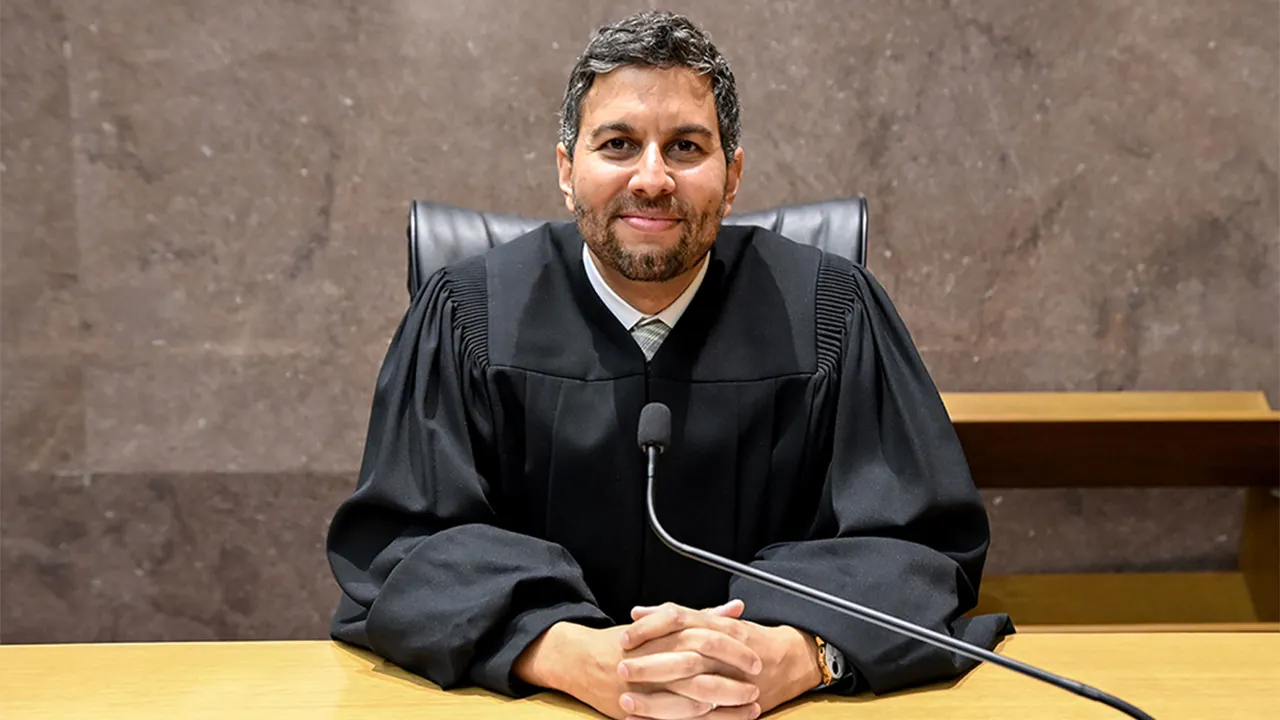Legal Challenges Mount Against Trump's Election Overhaul Executive Order
Democratic state attorneys general are challenging Trump's executive order on election reforms, citing concerns over federal overreach and state authority.
Overview
U.S. District Judge Amir Ali dismissed a lawsuit from the Democratic National Committee against President Trump's executive order affecting the Federal Election Commission, citing lack of 'concrete and imminent injury.' Meanwhile, 19 Democratic state attorneys general have filed a federal lawsuit to block Trump's election overhaul, arguing it infringes on states' rights to regulate elections. They claim the order, which mandates proof of citizenship for voters and imposes strict ballot deadlines, represents executive overreach. The Justice Department defends the order, asserting it falls within presidential authority to direct federal voting laws.
Content generated by AI—learn more or report issue.

Get both sides in 5 minutes with our daily newsletter.
Analysis
- The articles present a critical view of Trump's executive order on elections, citing concerns over executive overreach.
- Legal challenges and opposition from state officials highlight significant resistance to the proposed changes.
- The neutral article discusses the implications of the order without strong opinions, focusing on federal-state power conflicts.
Articles (8)
Center (3)
FAQ
The executive order requires documentary proof of citizenship for voter registration in federal elections, mandates that all ballots be received by Election Day, and prohibits non-citizens from involvement in federal election administration. It also directs federal agencies to assist states in ensuring voter eligibility and enforcing election laws.
Democratic state attorneys general have filed lawsuits arguing that the order infringes on state rights to regulate elections. A lawsuit challenging the citizenship proof requirement has been halted, with a judge ruling that the president's attempt usurped state and congressional powers.
The Justice Department argues that the president is within his rights to direct federal agencies to enforce voting laws, defending the order as falling within presidential authority.
If implemented, the order could cost state taxpayers tens of billions of dollars, as it seeks significant changes to election processes and technology, potentially bypassing state authority.
History
- 1M

 3 articles
3 articles





